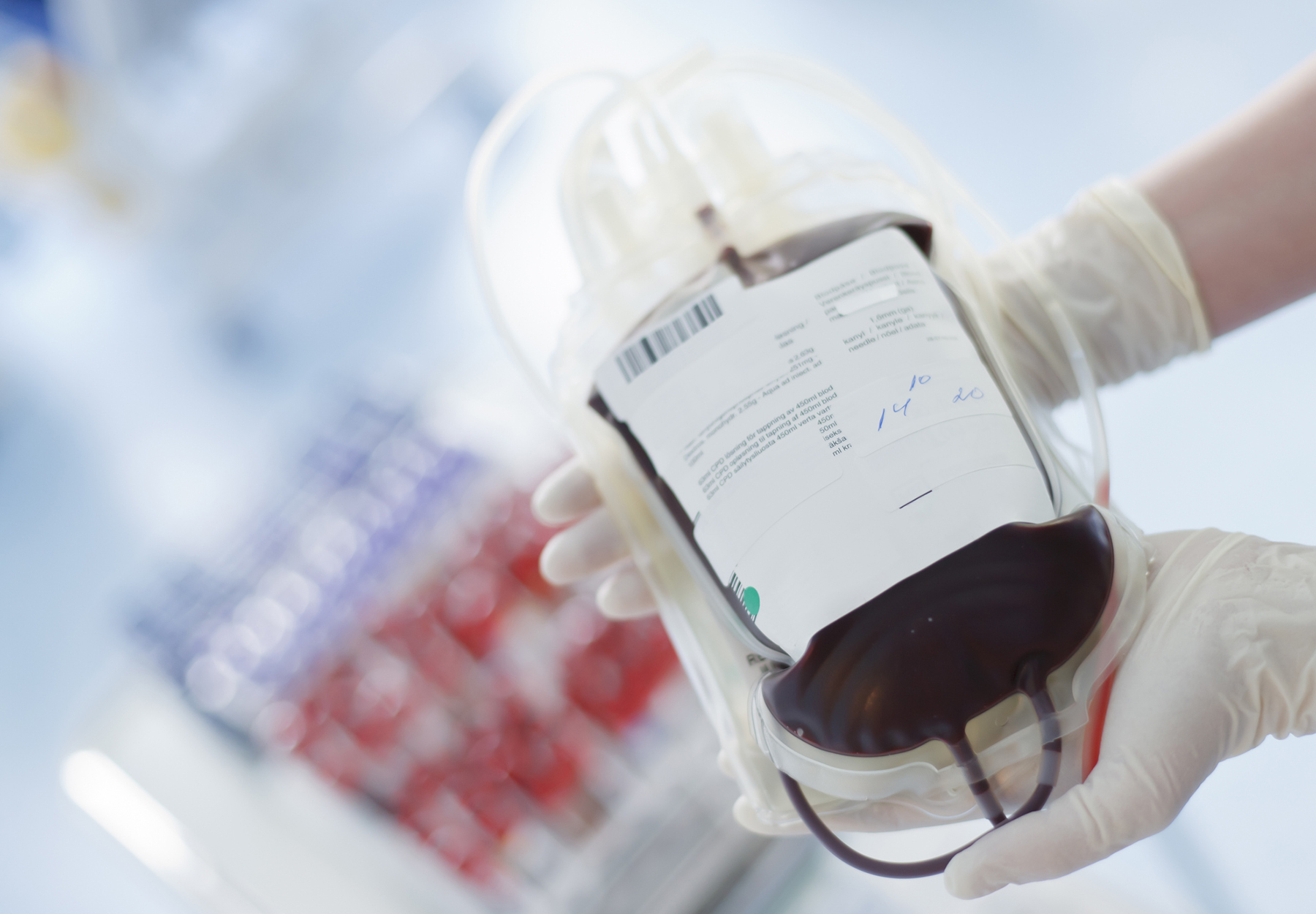Since their inception in the 1970s, advances in pathogen reduction technologies (PRTs) continue to improve transfusion safety practices against transfusion-transmitted infections and transfusion-associated graft-versus-host disease. Researchers are now actively developing PRTs for use in whole blood products to target bacteria and viruses, including SARS-CoV-2.
Current PRTs include photoactive systems as alternatives to irradiation, including INTERCEPTTM Blood System and Mirasol® Pathogen Reduction Technology, which interact with any circulating DNA or RNA in blood products to inactivate pathogens. Both the INTERCEPT and Mirasol PRTs are CE marked for use in platelets and plasma, however, recent developments in PRTs aim to address the need for PRTs in red blood cells and whole blood products.
Researchers have made significant progress toward using Mirasol to treat whole blood for pathogens such as HIV, hepatitis C virus, and Ebola virus, as well as Staphylococcus bacteria and parasites such as Trypanosoma cruzi (Chagas disease), Leishmania donovani, and Plasmodium falciparum (malaria).
Clinical trials in regions with endemic malaria demonstrated that patients who received Mirasol treated whole blood had significantly lower incidences of blood transfusion-transmitted malaria vs the untreated group. More recently, Mirasol has been used to reduce the level of SARS-CoV-2 in platelet and plasma, including convalescent plasma to treat COVID-19.
Using amustaline, a small molecule that intercalates and crosslinks nucleic acids, the INTERCEPT Blood System has also been used to create a PRT for red blood cells. A 2020 pre-clinical study in mice and human red blood cells showed that the new system had no genotoxic or carcinogenic effects, suggesting it could be safe for humans.
To learn more about novel pathogen reduction technologies, read the full article at G2 Intelligence’s partner brand, Today’s Clinical Lab.
